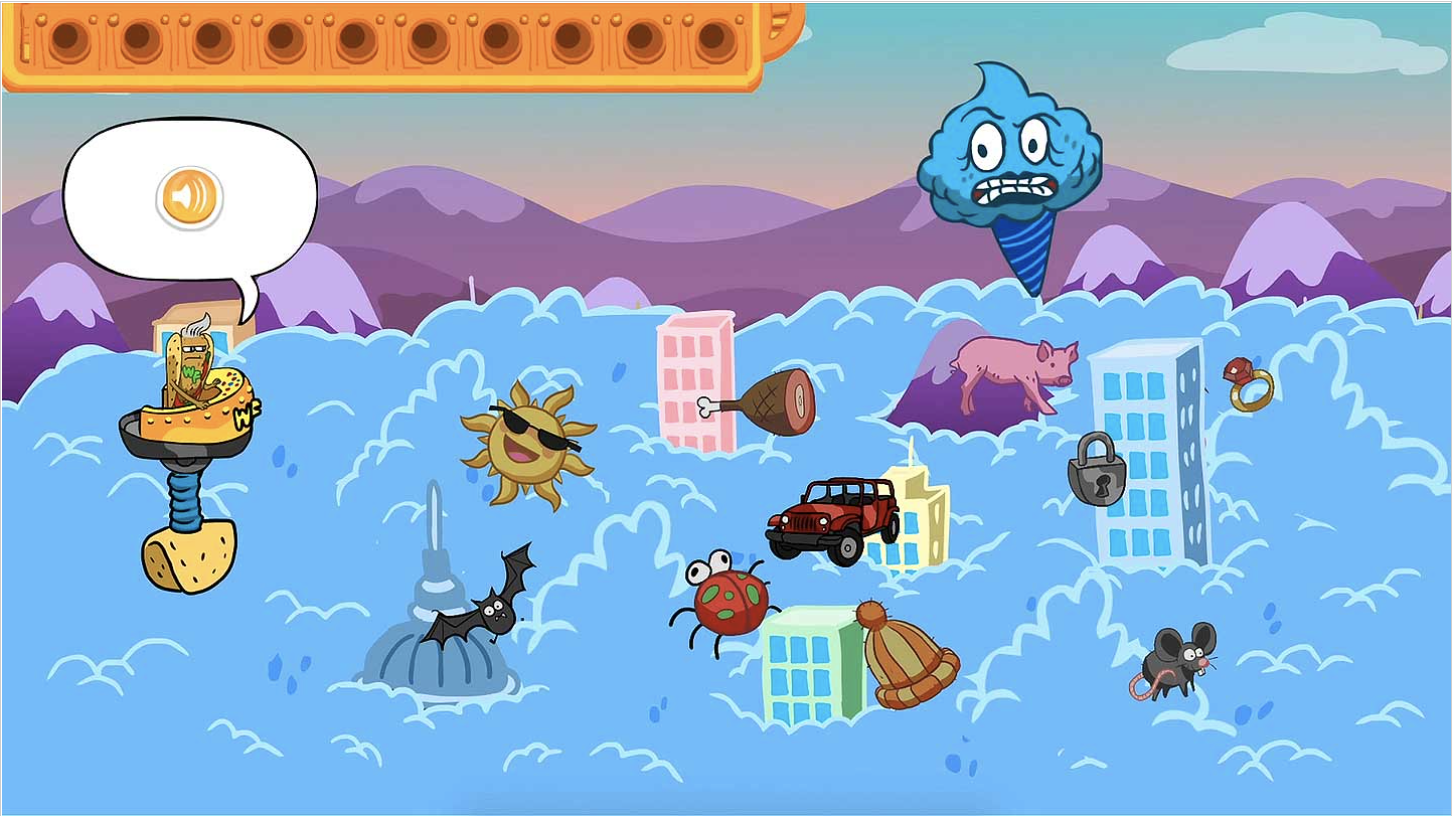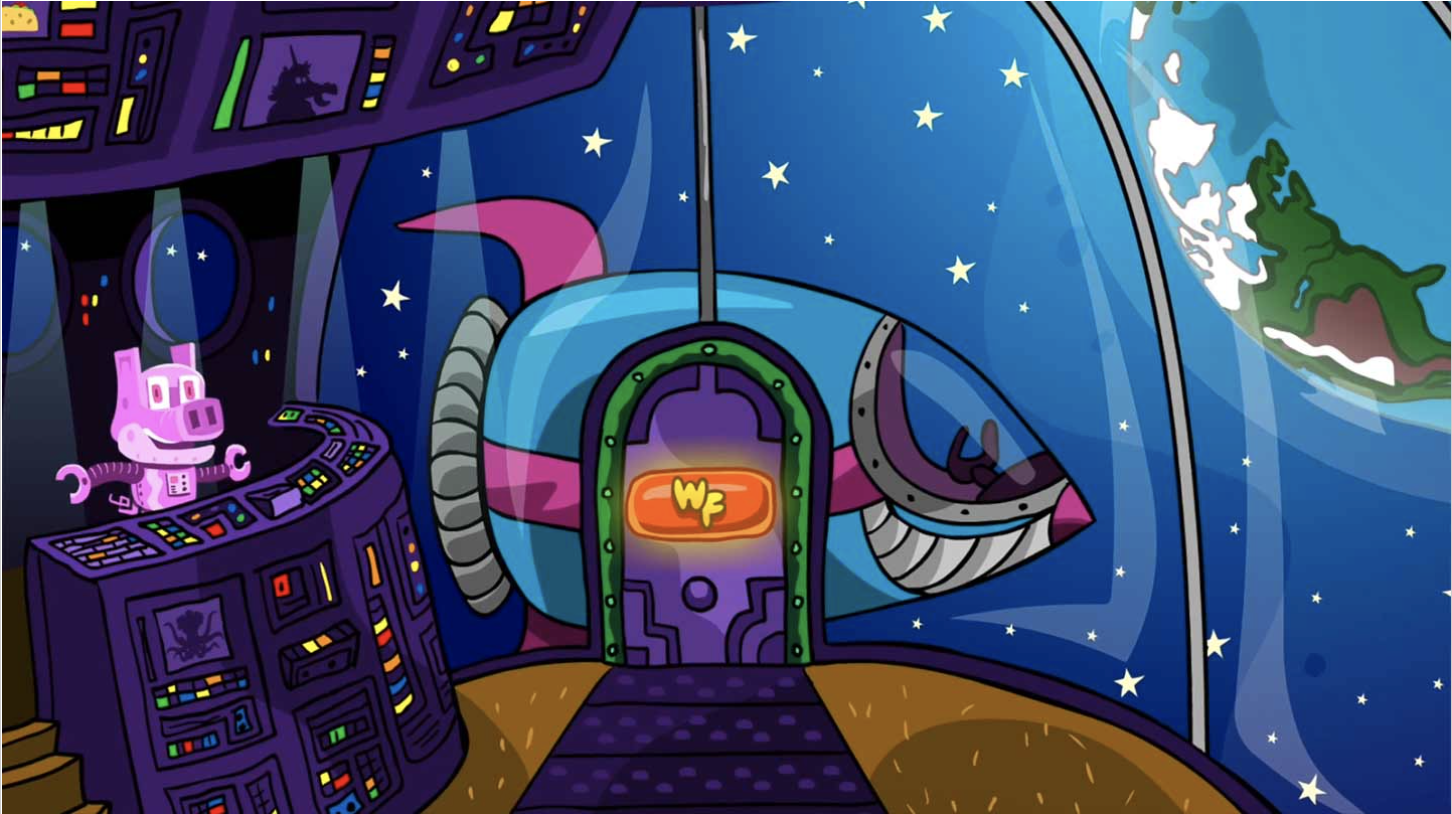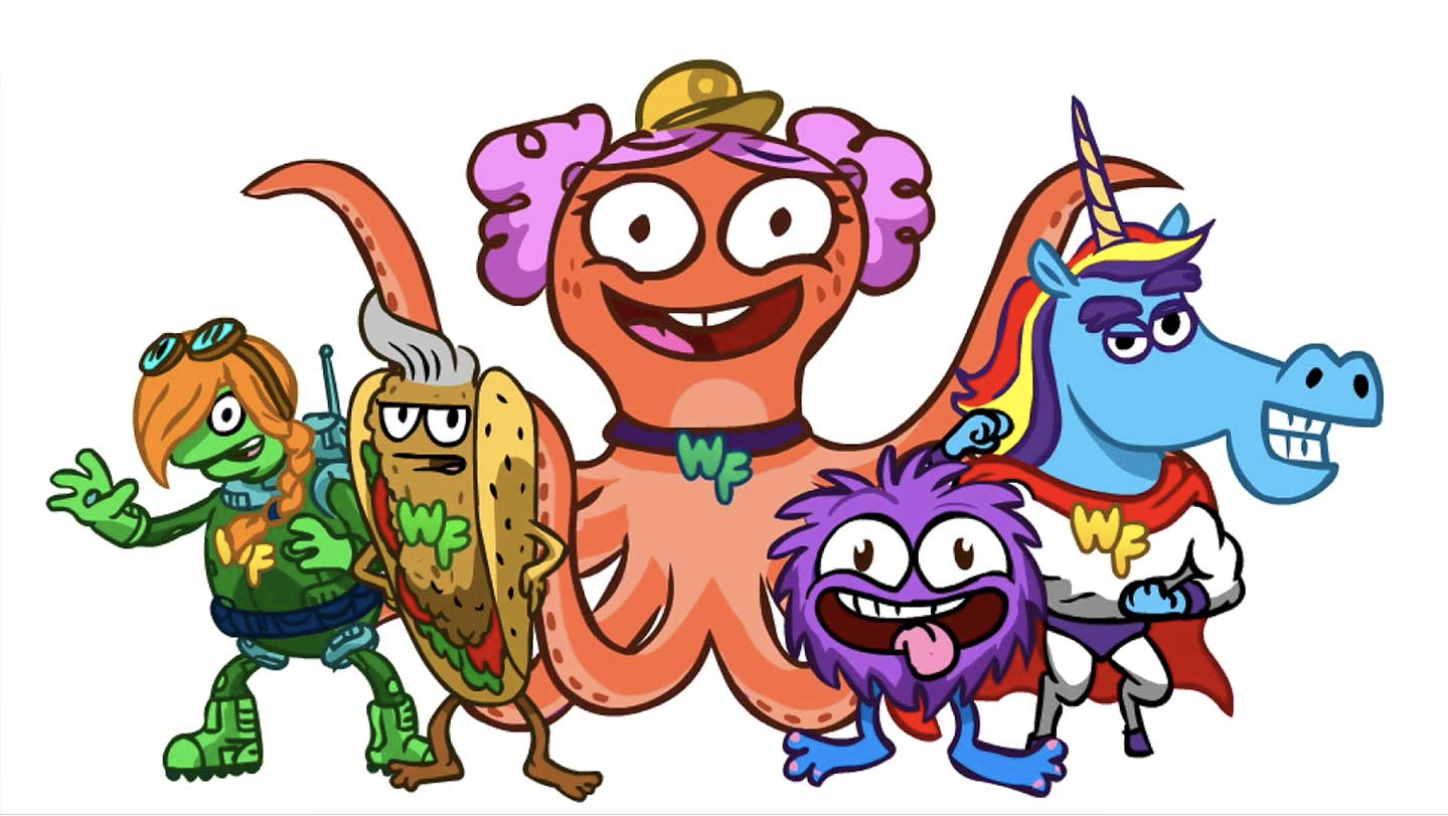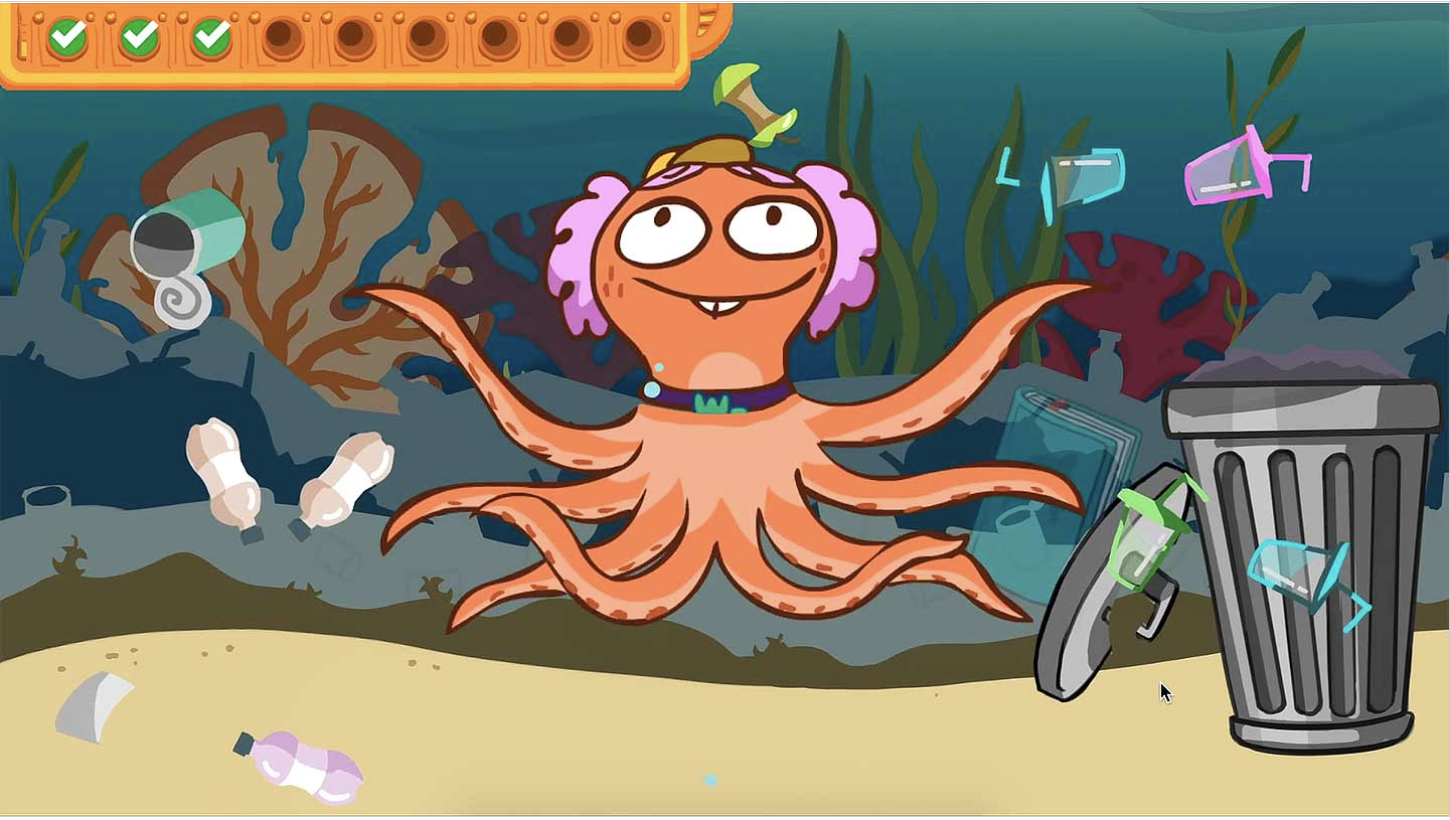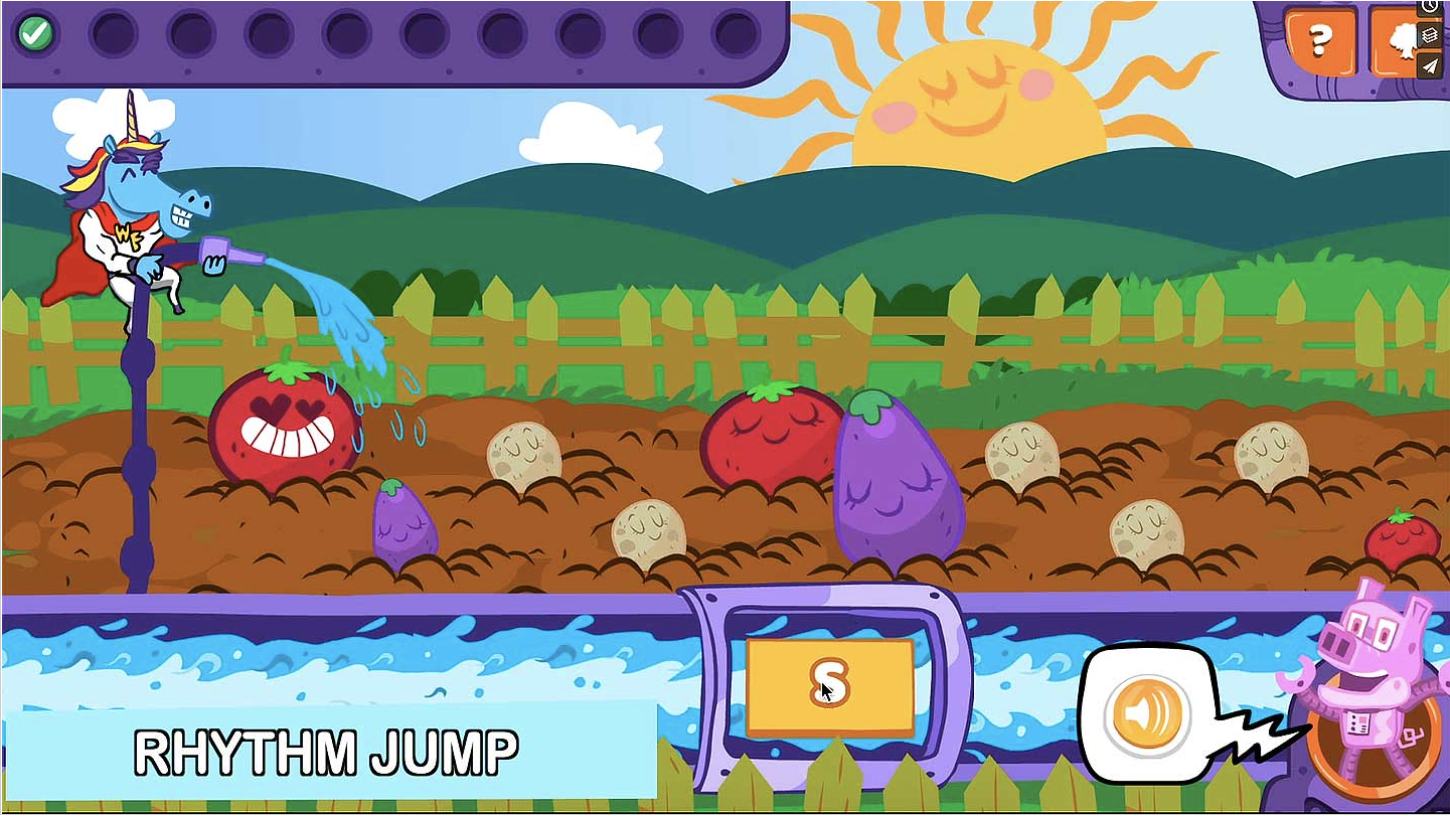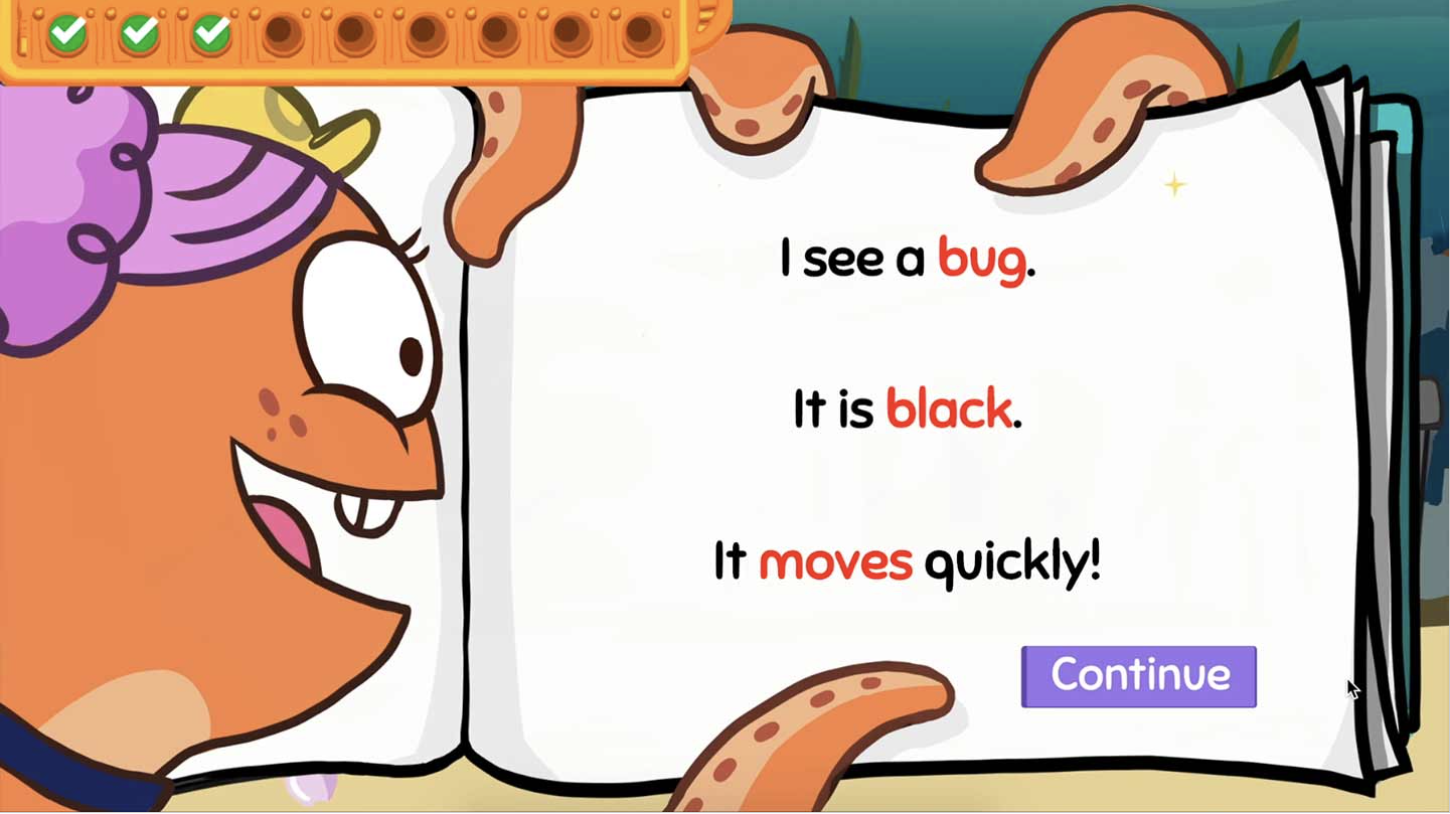Tags
| Industry |
Education |
|---|---|
| Client |
Everfi |
| Topic(s) | |
| Software |
HTML5 JavaScript SCSS YAML/JSON Phaser |
| Studio |
The Game Agency |
| Approved to Share | Yes |
Goal
The Early Literacy Project is a coalition of corporations and organizations committed to helping teach students in kindergarten, first, and second grade with critical literacy sub-skills, and cultivating a passion for reading. From June 2020 to June 2021, this course has reached more than 17,000 students in over 684 schools.
**Internal Note** We cannot mention Everfi as the client
Solution
The course is comprised of 15 mini-games, each focused on one or multiple learning objectives including letter identification, spelling, word building, phonemic awareness and beginner-level reading.
The course begins by introducing a team of space commanders who have been tasked with keeping the world safe from environmental dangers, one mission at a time.
One by one, the team members are called to action and sent into a range of different environments around the world that need their help.
Each mini-game is based on one of 5 age-appropriate mechanics:
- Animated Hotspot – a multiple choice game where players are asked to choose the correct answer and visual payoff occurs
- Drag and Drop – a multiple choice game in which players choose the correct answer through a dragging motion
- Hidden Object – a mechanic where the players are asked to identify and locate different hidden objects throughout a scene
- Rhythm Jump – mechanic where on-screen elements are moving at a constant rate and the player needs to time their action or answer to align with those moving elements.
- Endless Runner – the player controls the characters directional movement and is challenged to align it with identifying the best answers
By using games to build, practice, and reinforce critical literacy skills, students are given the opportunity to immerse themselves into this fantastical world where they are the hero of their own literary journey.
This course also provides students the space for creativity and customization, further allowing them the chance to explore, make mistakes, and ultimately build the skills needed for carrying those abstract literacy concepts into the classroom and beyond.
